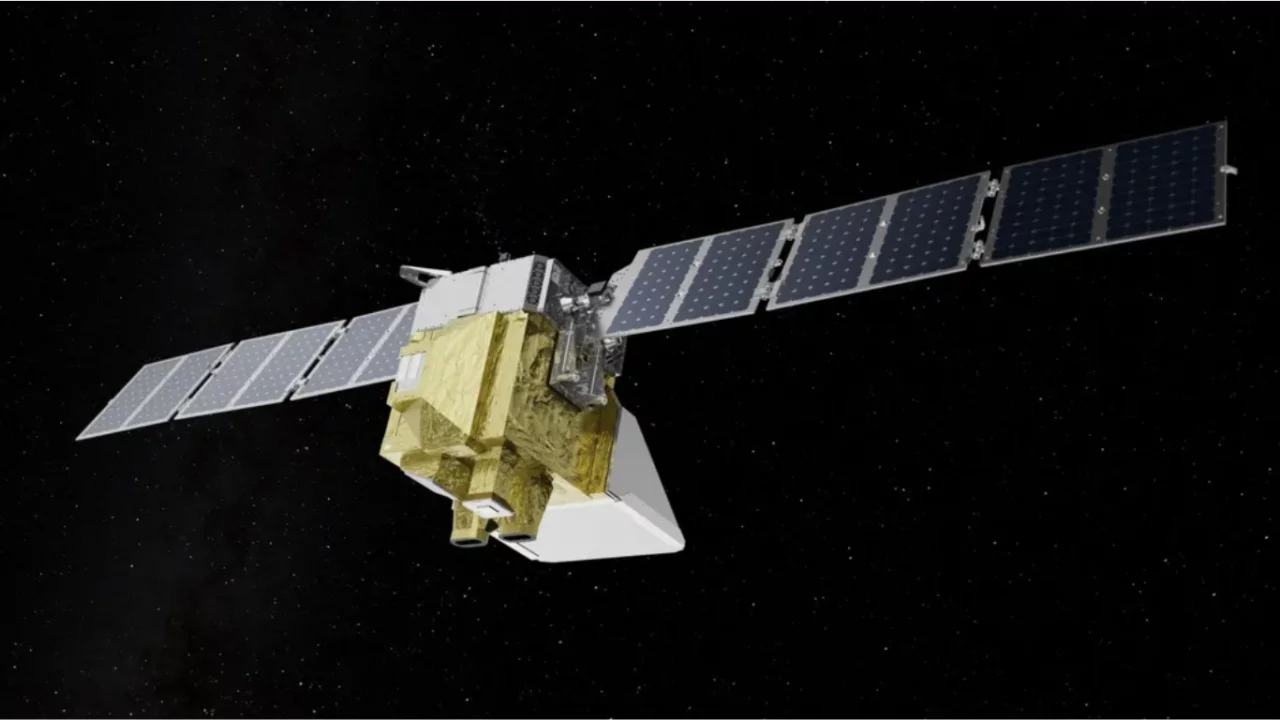
According to BBC News, communication has been lost with MethaneSat, a satellite worth 88 million dollars that played a key role in the fight against climate change, and for now, it is impossible to restore it. The satellite was designed to detect sources of methane emissions from the oil and gas industry.
The project was led by the prestigious U.S. nonprofit environmental organization Environmental Defense Fund (EDF). The project received financial support from tech giants like Google and Jeff Bezos. The satellite was launched into orbit last year using a SpaceX rocket and was planned to detect methane emissions for five years, providing open data to scientists and governments worldwide.
According to EDF representatives, contact with MethaneSat was lost ten days ago, and initial analysis suggests the device may have lost power. The organization stated that the chance of recovery is very low.
Methane is one of the most powerful greenhouse gases. Although it doesn't stay long in the atmosphere, it has 28 times the warming effect of carbon dioxide over a 100-year period. While the international community has agreed to reduce methane emissions by 30% by 2030, the European Space Agency reports that global methane emissions continue to rise.
MethaneSat was revolutionary in this fight, as its highly sensitive sensors could detect not only large emissions but also diffuse sources of methane from agriculture and landfills.
Currently, methane monitoring capabilities are mostly owned by private companies, which undermines transparency in identifying major polluters. MethaneSat aimed to solve this problem by making its data publicly accessible.
Google supported the project and planned to use its artificial intelligence technologies to create a global methane map.
According to EDF, despite this loss, the software developed during the project can still be used in future initiatives. No clear decision has yet been made on launching a new satellite.
Observations from the CarbonMapper and ESA's Sentinel-5P satellites remain among the main open sources for global methane monitoring. However, the Sentinel-5P program was scheduled to end in October 2024. How long it will continue to operate remains unclear.
In conclusion, the loss of MethaneSat significantly undermines global efforts in climate monitoring and transparency. This incident highlights the importance of technological approaches in tackling climate challenges, but also reveals their vulnerabilities. Read “Zamin” on Telegram!
Ctrl
Enter
Found a mistake?
Select the phrase and press Ctrl+Enter Related news
Information
Users of Меҳмон are not allowed to comment this publication.
Users of Меҳмон are not allowed to comment this publication.













